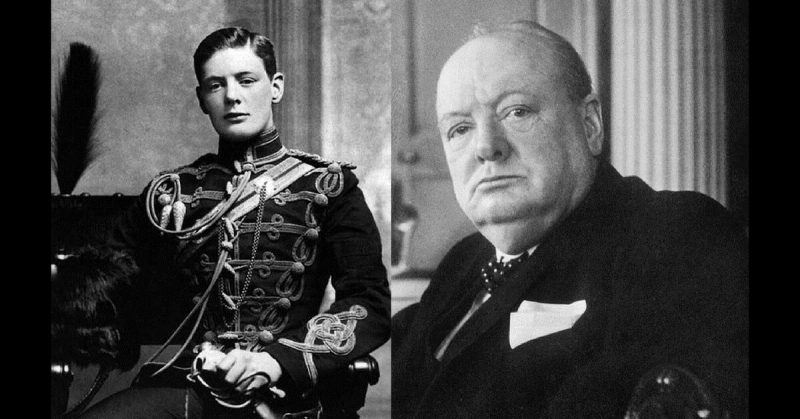Remembered to this day as one of Britain’s greatest politicians, Winston Churchill had a long and varied career. A Nobel Prize-winning writer, an exceptional orator and one of the greatest Prime Ministers in British political history, this incredible man earned his place as one of the giants of the Second World War after leading his nation in the fight against the armies of Nazi Germany.
From his thrilling exploits as a young war correspondent to his incredible strength in the face of chronic ill-health, here are four facts about the man they called the British Bulldog.
The Daring Escape
Churchill’s legacy was defined by his time as British Prime Minister during the Second World War, but he actually found himself much closer to the action as a young man.
In 1899, he was working as a journalist in South Africa, where the Boer War saw the British army fighting the descendants of Dutch settlers. While traveling with the military, his unit was attacked and, along with many others, he was taken captive. This alone might not have earned him his fame, but his actions once in captivity certainly would.
After being taken to a prison camp, he and several other men attempted a daring escape. Upon reaching the outer wall his companions gave up and stayed behind, but Churchill refused to back down. He scaled the wall and ended up hiding in the shaft of a coal mine for three days. After stowing away in the back of a rail truck, he made it to Mozambique, from where he secured passage back to South Africa.
The American Citizen
Today, Churchill is often held up as a shining example of British spirit, and understandably so. Not only was he an exceptional statesman and Prime Minister, leading the country to victory against all the odds, but he a master of the English language, renowned for his eloquence and wit.
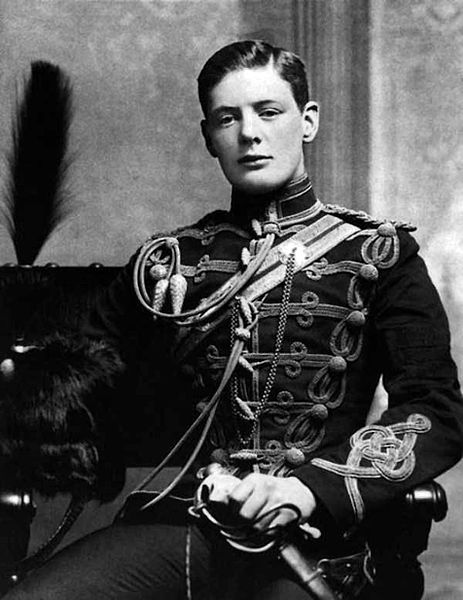
However, his heritage was just as much American as it was English. While his father was the Chancellor of the Exchequer and a well-known British politician, his mother Jennie Jerome was a US citizen, born in Brooklyn. Perhaps for this reason – not to mention his outstanding contributions to the defeat of Nazi Germany – he went on to become the first person to ever be declared an honorary citizen of the United States, on the 9th of April, 1963.
Although he was unable to attend the ceremony in person, the former Prime Minster watched on television as US officials carried out the official ceremony.
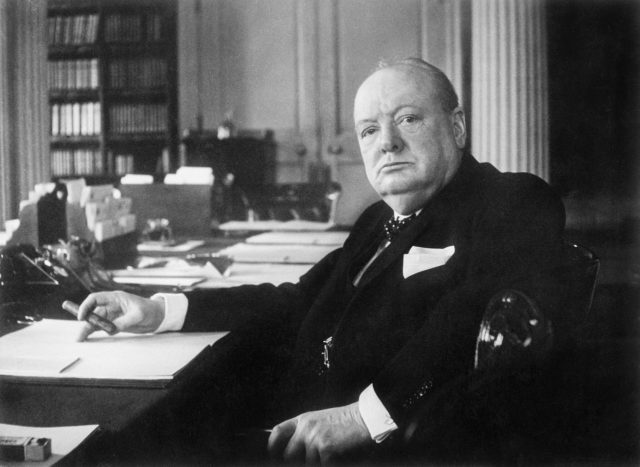
The Amphibious Landing
Although the British Bulldog is now seen as the heroic leader who brought his nation through the worst conflict in human history, he was not always so successful in his wartime endeavors.
Two decades earlier, during the First World War, he had been one of the main engineers of the now infamous Gallipoli landings, in the Dardanelles strait. Churchill hoped that this large amphibious landing would allow British troops to push back the Ottoman forces and join the Russian soldiers on the Eastern Front. In theory, this plan did make sense, as it would have added additional pressure to Germany on all sides. However, the landings went disastrously wrong.
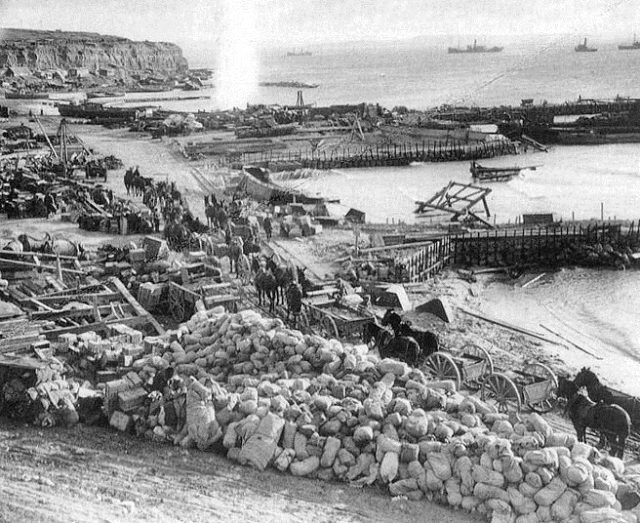
In March 1915, several of their ships were sunk by Ottoman fire, while so many others were damaged that the fleet began to pull back. A further 250,000 soldiers died in a failed attempt to storm the coastline, and these catastrophic events led to Churchill losing his place as Lord of the Admiralty.
The Black Dog
While in his role as Prime Minister, Churchill stood for stability and security, but in his personal life he was plagued by accidents, misfortune and intense depression.
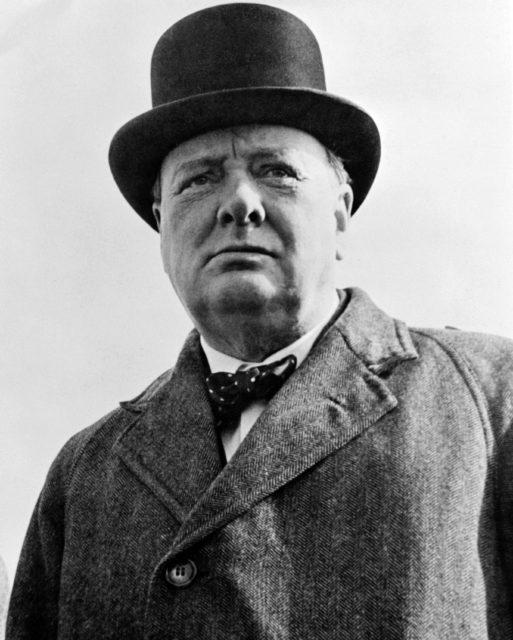
As a child, he suffered from a ruptured kidney and a concussion, before growing up to dislocate his shoulder, walk out in front of a car, almost drown, fall off a horse and crash a plane he was piloting. He also suffered from intense depressive periods throughout his life, and referred to his mental health issues as his Black Dog.
During the Second World War, when he was leading the country though some of its darkest hours, he himself suffered a heart attack and contracted pneumonia, although he went on to live until the age of 90. He stayed active and involved in public life right up until his death on the 15th of January 1965.
